Neuroscience
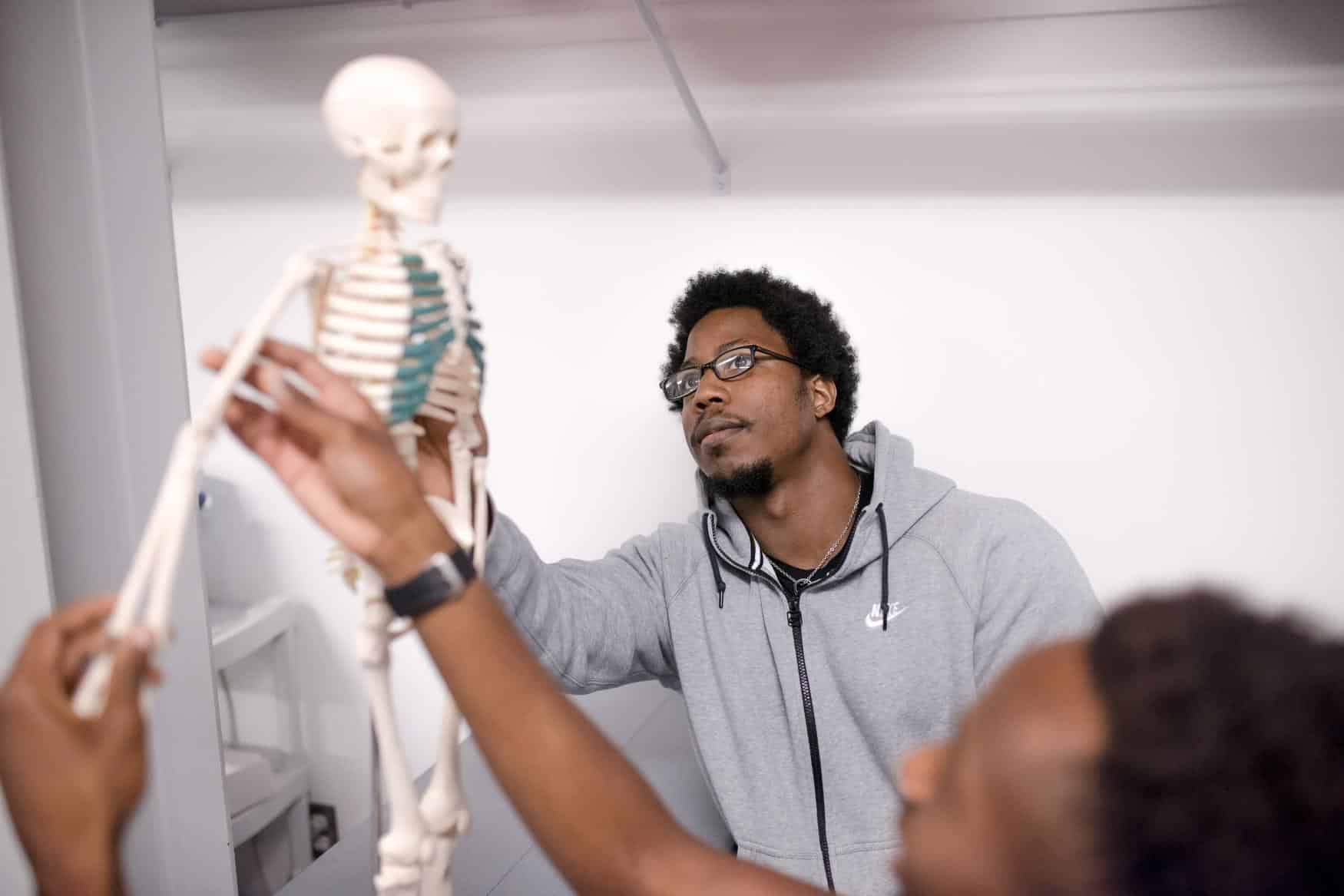
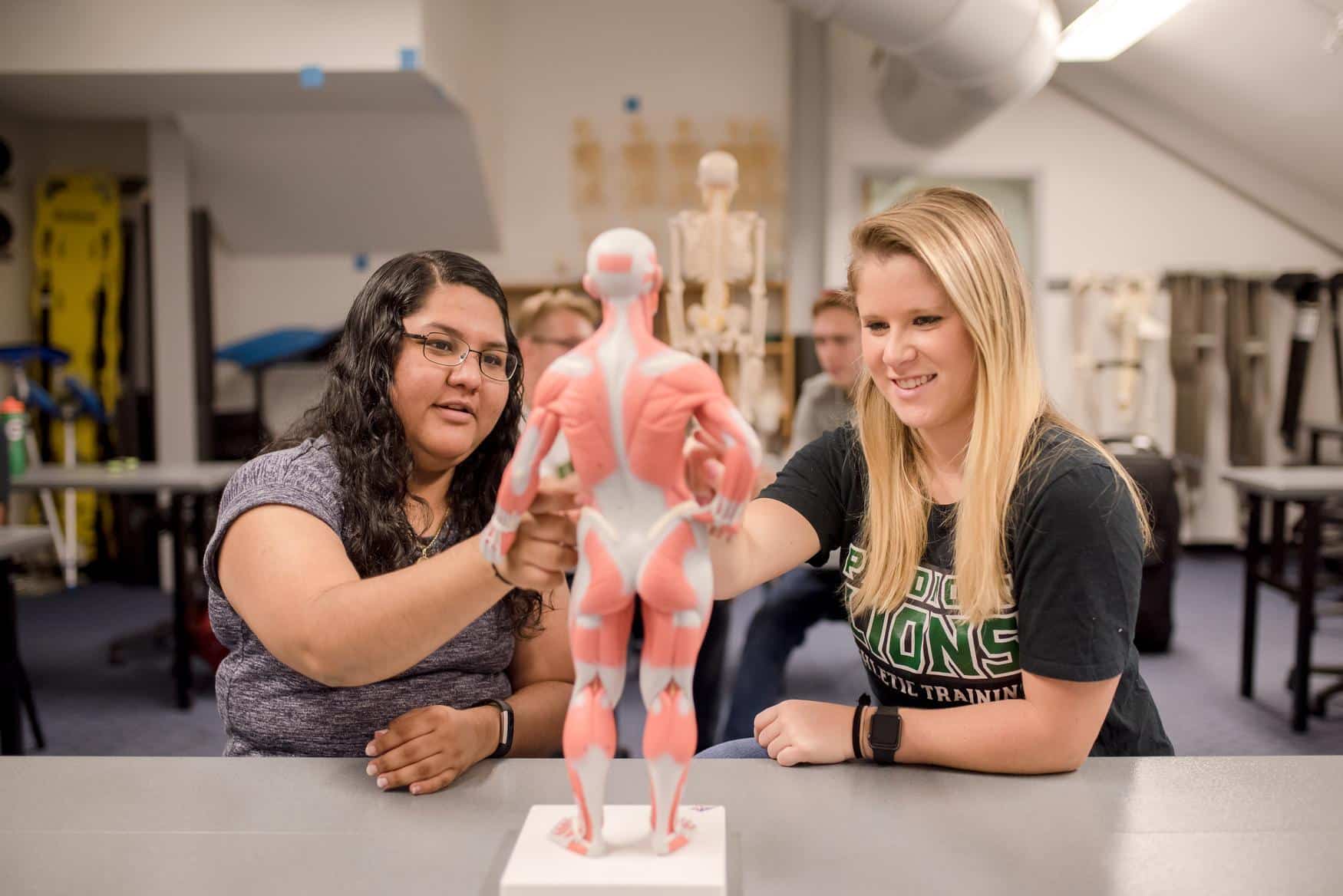
Why Pursue Neuroscience?
The human brain is incredibly complex, and the study of the brain and how it works – neuroscience – is relatively new, constantly innovating, and always fascinating. If things like memory, thought, emotion, attention, motivation, sleep, stress, social behaviors, movements, and more are intriguing to you, then neuroscience may be your ideal field of study.
At Piedmont University, our neuroscience students focus on the brain and its impact on behavioral and cognitive function. As an interdisciplinary major, this program offers flexibility and creativity but also demands discipline. Earning a neuroscience degree will provide you with a broad range of knowledge, including neuroanatomy and physiology, pharmacology, psychology, computer science, and even philosophy to understand the brain. It will also prepare you for a wide range of career or postgraduate study options.
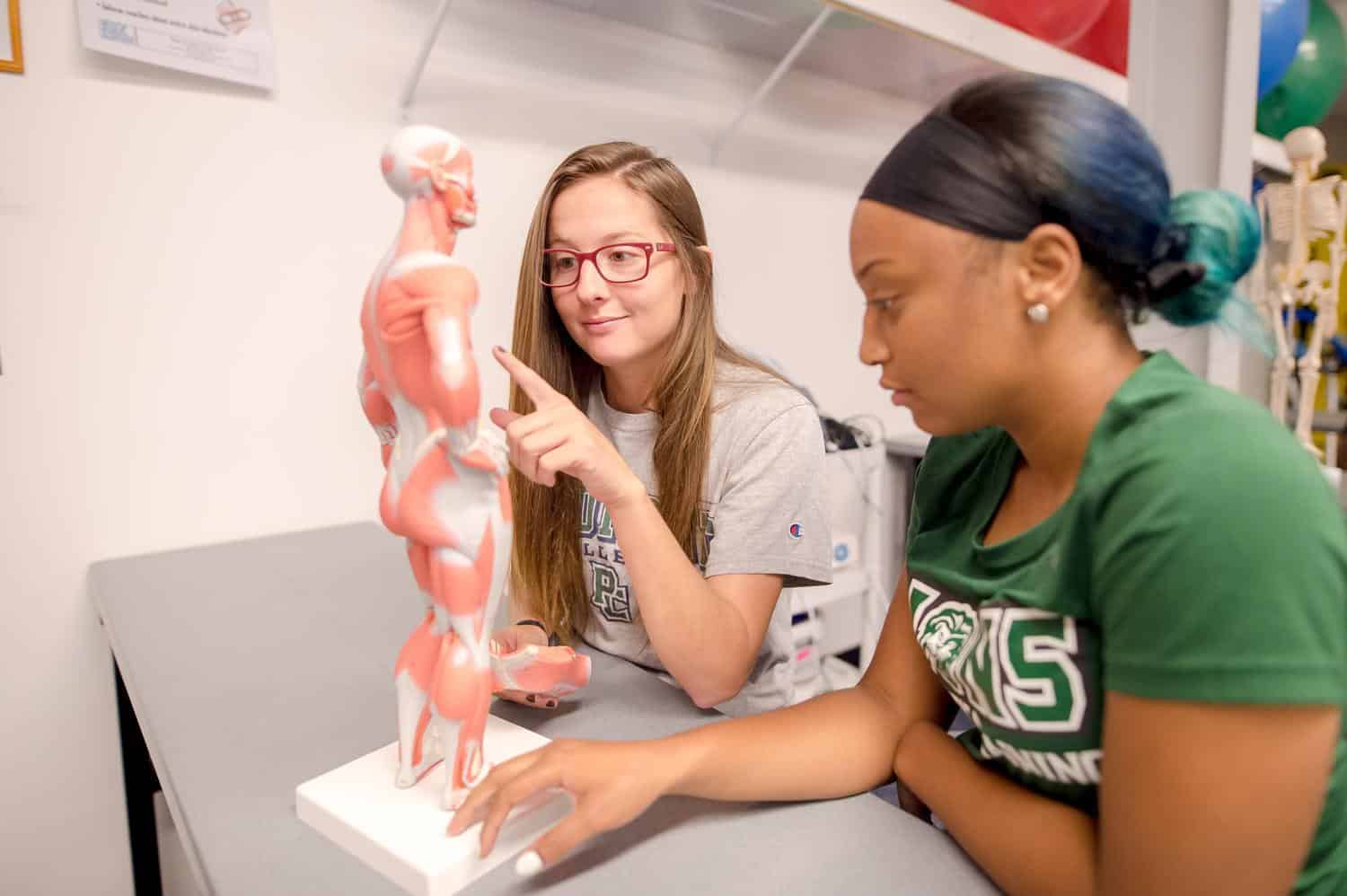

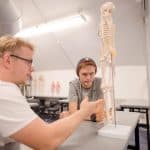
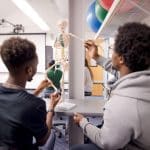
How a Piedmont Neuroscience Degree Helps You
- Learn from a challenging, innovative program about a complicated subject matter – one that scientists themselves are still learning about.
- Utilize the flexibility of an interdisciplinary study to shape your education toward a particular career or postgraduate degree.
- Choose from a wide-ranging career path, which will include options for internships and real-world experience before graduation.
Career Opportunities
A neuroscience degree from Piedmont opens doors and a wide range of professional pursuits. For instance, our graduates have gone on to build successful careers in:
A degree in neuroscience provides a deep understanding of the brain, nervous system, and cognitive function through both theoretical study and hands-on research. It builds the critical thinking, analytical, and laboratory skills essential for advanced study or careers in research, healthcare, and biotechnology.
A neuroscience degree provides insight into how the brain learns and processes information, offering valuable perspective for developing adaptive, human-like AI systems.
Foundational knowledge in biology, brain function, and the nervous system supports preparation for medical school and careers in healthcare, especially those focused on neurological and cognitive health.
Understanding brain function, behavior, and cognitive processes provides a strong basis for careers in psychiatry and psychology. This background supports the development of diagnostic, analytical, and therapeutic skills essential for mental health care.
An understanding of brain function, behavior, and emotional development provides a strong foundation for careers in social work and counseling. This background supports effective communication, empathy, and evidence-based approaches to helping individuals navigate personal and social challenges.
A degree in neuroscience provides knowledge of neural systems, biology, and research methods, preparing individuals for careers as laboratory specialists. This foundation supports precise data collection, experimental design, and analysis in clinical, academic, or biotech lab settings.
A degree in neuroscience provides a deep understanding of brain function and health, equipping health educators with the knowledge to promote wellness, educate about neurological conditions, and support healthy behaviors in communities.
A degree in neuroscience equips individuals with the ability to understand complex scientific concepts, enabling them to effectively communicate technical information. This background supports the creation of clear, accurate documentation in fields such as healthcare, research, and technology.
Understanding brain function and behavior is valuable for law enforcement careers. It aids in analyzing criminal behavior, recognizing mental health issues, and improving investigative techniques and interventions.
Cooper Williams

Neuroscience has been the best degree for me because I have learned how to approach a topic or problem from both a micro and macro level. Knowledge I have gained by studying the brain in the neurosciece program helps me analyze how people think, what influences their choices, and also how to navigate a workspace where people have similar and competing ideas that must be brought together to make unified and informed decisions that is best for all.
More About a Neuroscience Degree
Learn more about a Neuroscience Degree and the variety of options available to you as a Piedmont student.
As an interdisciplinary major, students are exposed to content across the Piedmont University curriculum. These courses will build strong communication, leadership, and critical thinking skills. Piedmont University also partners with local and community organizations where students may work to complete practicums, internships, and service-learning experiences so that students gain valuable field experience.
In neuroscience, students learn the neural basis of cognition as well as explore the biological processes that underlie behavior, learning, thought, and experience. These foundational concepts are critical to modern psychiatric care and explore the latest developments in the field of neuroscience.
Piedmont graduates have an abundance of opportunities following graduation with a Bachelor of Science in neuroscience. Graduates pursue careers in medicine, psychology, health education, research science, law enforcement, pharmaceutical sales, or medical technology and even artificial intelligence. Post-graduation, students may also pursue additional graduate study in neuroscience or move into other fields such as psychiatry, counseling, therapy, substance abuse counseling, or social work.
Piedmont University embraces a liberal arts education, which develops nimble minds for a fast-changing world. Neuroscience teaches our students a wealth of knowledge about the brain, cognition, and how we think and act. Combine those distinctions with a clear-eyed focus on ethics, the most up-to-date curriculum, and independent research – and you can see how this degree can help prepare you for success.
Related Programs
Intrigued by neuroscience? You might also be interested in one of these programs:



Where do I start?
To begin your journey toward becoming a Neuroscience student at Piedmont University, you can start by applying today! Or, schedule a campus visit and meet with admissions and financial aid advisors, as well as faculty members in Neuroscience.


